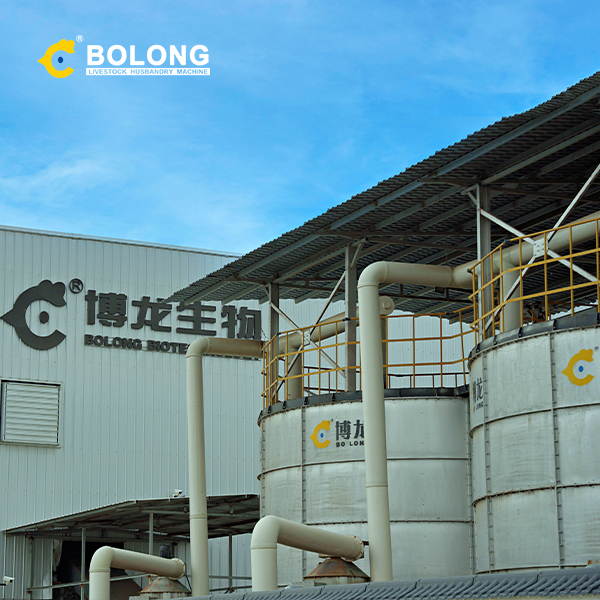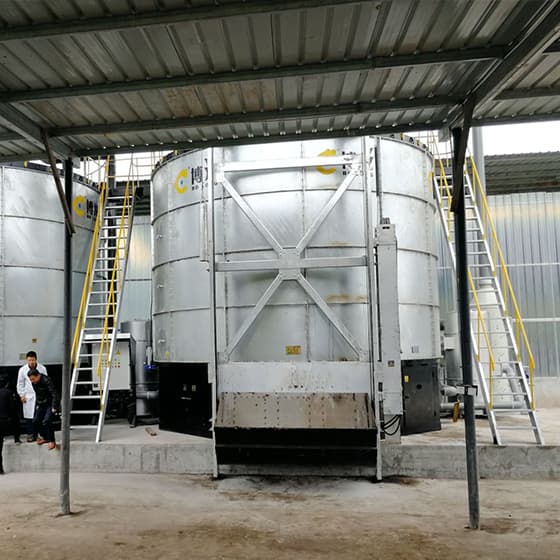Introduction: Livestock fermentation tanks offer significant economic benefits to farms by improving manure management and resource utilization. This article examines the economic impact of fermentation tanks on livestock farming operations.

Cost Reduction: Fermentation tanks reduce manure management costs by minimizing labor, transportation, and disposal expenses. The efficient conversion of manure into compost also reduces the need for chemical fertilizers.
Revenue Generation: The compost produced by fermentation tanks can be sold as an organic fertilizer, creating a new revenue stream for farms. This additional income supports overall farm profitability.
Operational Efficiency: Fermentation tanks improve operational efficiency by streamlining manure management processes. Automated systems reduce labor requirements and enhance productivity.
Case Study: A poultry farm installed fermentation tanks and experienced a 30% reduction in manure management costs. The farm also generated additional revenue by selling compost, resulting in a 20% increase in overall profitability.

Conclusion: Livestock fermentation tanks provide significant economic benefits by reducing costs, generating revenue, and improving operational efficiency. These advantages enhance the financial viability of livestock farming operations.